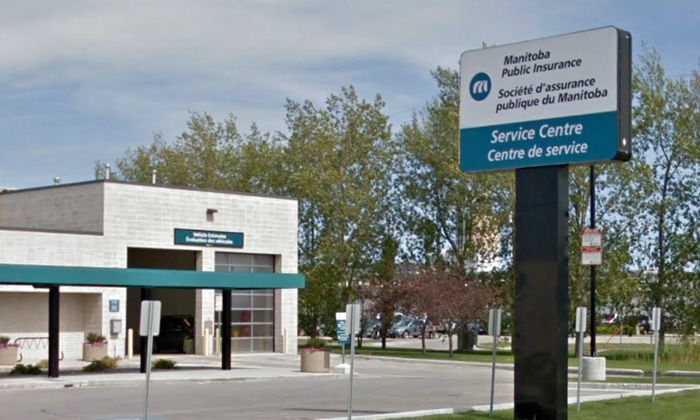Manitoba Public Insurance (MPI) reported net income from operations of $258.8 million for the first three quarters of its 2020/21 fiscal year. Net income after the rebated surplus distribution is $79.2 million compared to net income of $162.3 million for the same time period last year.
This includes net income after surplus distribution from the Basic insurance line of business of $71.8 million in the first nine months ending December 31, 2020. The surplus distribution of capital ($110.2 million announced in May and $69.3 million announced in December) was intended to provide financial relief to policyholders due to the ongoing COVID-19 pandemic.
“The Corporation entered the pandemic in a strong financial position and the significant drop in motor vehicle accidents throughout the pandemic has allowed for the return of premiums to Manitoban’s through the two rounds of rebates,” said Mark Giesbrecht, Vice-President, Finance and Chief Financial Officer, Manitoba Public Insurance.
Total earned revenues for the first nine months rose by $30.6 million from the same period last year, driven mainly by higher motor vehicle premium revenue resulting from an increase in the number of motor vehicles insured and the value of these vehicles as well as the Special Risk Extension line of business.
“Through a very volatile time MPI has managed its interest rate risk and seen a dramatic bounce back in the value of its equities within the investment portfolio since the initial collapse at the onset of the pandemic,” said Giesbrecht. “With a prudent investment strategy in place and continued reductions in collisions expected in the short-run we are set up well to close out the fiscal year favourably.”
While many auto insurers in North America are hiking up customer premiums, MPI is the exception. Recently, the Public Utilities Board approved MPI’s rate application of an overall rate decrease of 8.8 per cent to average Basic insurance rates for the 2021/22 insurance year. This is the largest rate decrease in more than 30 years. Approximately 97 per cent of vehicles will experience either no change or a reduction in rates from the previous year.




